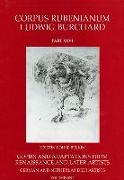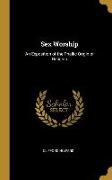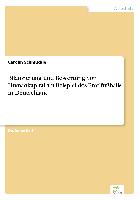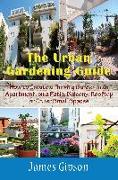Corpus Rubenianum Ludwig Burchard, Part XXVI: Copies and Adaptations from Renaissance and Later Artists: German and Netherlandish
BücherAngebote / Angebote:
Rubens studied his own artistic heritage. In his early youth he copied German illustrated books, such as Holbein's Dance of Death (1562), Jost Amman's Flavius Josephus (1569), Tobias Stimmer's Bible (1576) and the immensely popular Petrarch edition with woodcuts attributed to Hans Weiditz (1532). He also made drawings after engravings by Hendrick Goltzius (1596-97) and Johannes Stradanus (1589). These copies fall into Rubens's youth or the years immediately following his return to Antwerp. In later years, he occasionally copies from the paintings of his predecessors and compatriots, but he preferred to retain their compositions and designs by collecting and retouching their works. He reworked drawings by German masters such as Hans Holbein the Younger, Hans Suss von Kulmbach and several artists from the school of Durer. Sheets of Netherlandish masters were retouched by Rubens: Cornelis Bos, Bernard van Orley, Pieter Coecke van Aelst, Michiel Coxcie, Aertgen and Lucas van Leyden, Jan Swart van Groningen and Marten van Heemskerck. He also painted copies from works by Northern artists such as Hans Holbein, Quinten Massys, Willem Key, Joos van Cleve, Jan Vermeyen and Adam Elsheimer. Although no direct copies by Rubens after Pieter Bruegel the Elder are known, his late landscapes and genre scenes betray a profound influence from this great Flemish predecessor. He owned a number of drawings and paintings of peasant festivities with their accompanying scenes of drunkenness and brawls. It is in this category of works that we encounter all but one of the surviving Northern paintings retouched by Rubens. Among the Netherlandish paintings retouched by Rubens listed in seventeenth-century Antwerp inventories but no longer identifiable, at least one is also of a low-life subject: a Brothel Scene, possibly by Marten van Cleve.
Folgt in ca. 15 Arbeitstagen




